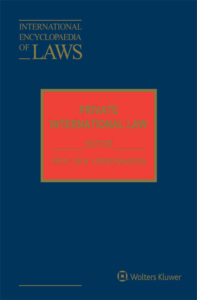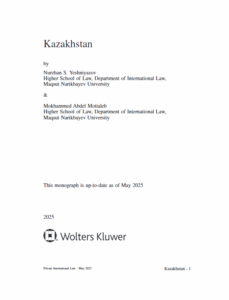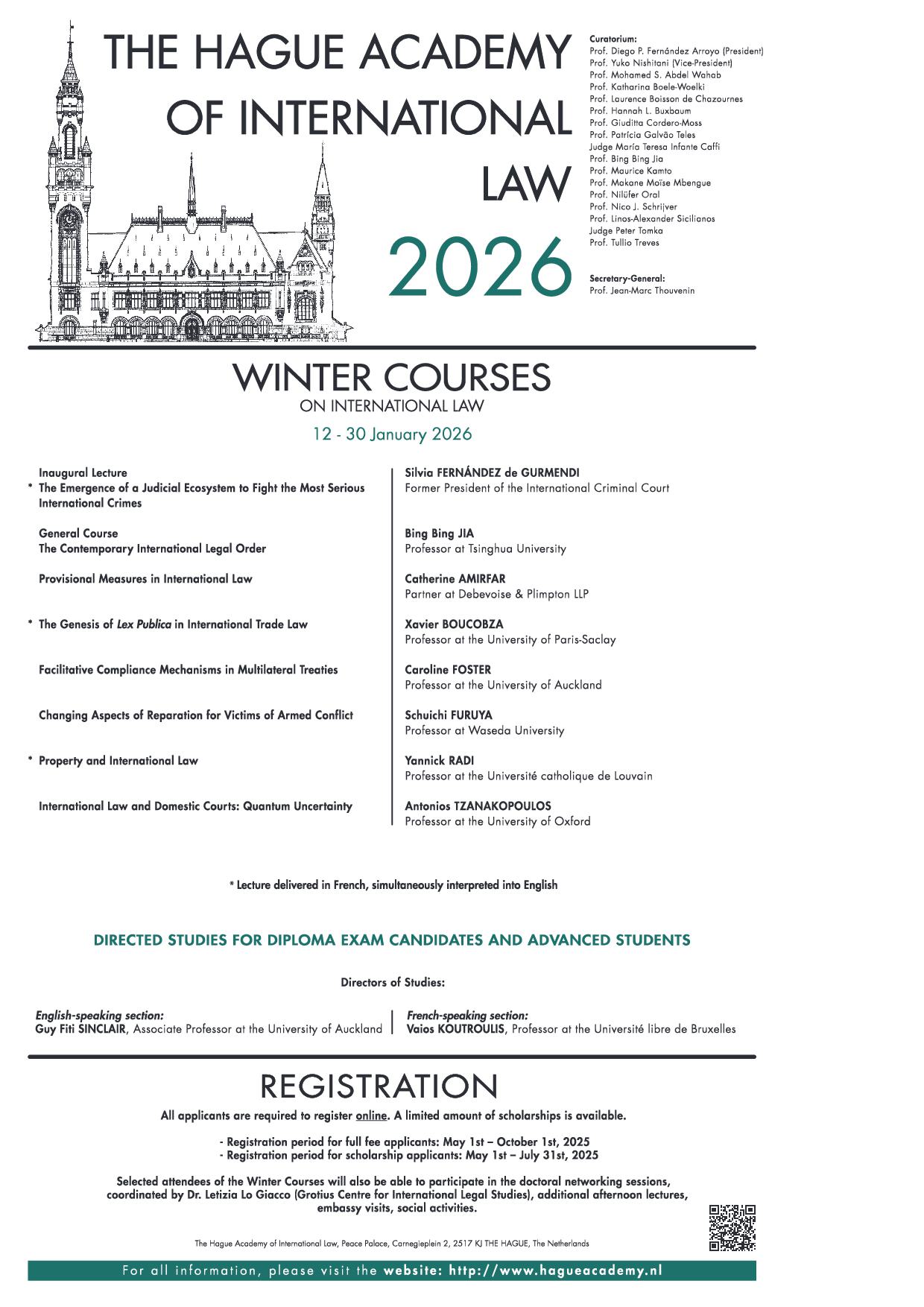[Out Now!] Sooksripaisarnkit and Garimella on Legal Challenges of China’s One Belt One Road Initative: Private International Law Considerations
This note was kindly prepared by Dr. Poomintr Sooksripaisarnkit.
 A new book Legal Challenges of China’s One Belt One Road Initative: Private International Law Considerations edited by Dr Poomintr Sooksripaisarnkit and Dr Sai Ramani Garimella has now been released by Routledge.
A new book Legal Challenges of China’s One Belt One Road Initative: Private International Law Considerations edited by Dr Poomintr Sooksripaisarnkit and Dr Sai Ramani Garimella has now been released by Routledge.
This book is a sequel to the book China’s One Belt One Road Initiative and Private International Law which was published by Routledge in 2018.
Here is the publisher’s blurb:
“This book covers new legal developments of the One Belt One Road (OBOR) project and assesses how litigation may be organised to enforce and compensate for defaults for its related initiatives.
This book is structured into five themes, consisting of essays which assess the decade of BRI’s existence in the context of international economic engagement and the rule of law, private international law, dispute resolution mechanisms – including mediation and judgment mobility. The chapters in the book strike new ground and cover recent developments such as the establishment of China’s International Commercial Court, engagements in multiple Belt and Road Initiative (BRI) construction and investment projects.
The book will be of interest to researchers, academics, policymakers and students interested in private international law issues pertaining to the OBOR routes as well as private international law in general, Asian studies and the politics of international trade”.
The table of contents and contributors include:
Poomintr Sooksripaisarnkit and Sai Ramani Garimella: Current Developments of the One Belt One Road Project and the Emerging Private International Law Issues
Dilini Pathirana: Sri Lanka’s Loan Agreements with China under the BRI: A Reflection of Selected Infrastructure Project-Related Loans
Atul Alexander: China and Foreign State Immunity Law: Legal Implications on State-Owned Entities
Mark McLaughlin: Global Standards, Local Realities: An Analysis of Singapore Convention on Mediation in the Context of Chinese State-Owned Enterprises
Zhengxin Huo: China’s International Commercial Court and Their Operation
Beligh Elbalti: Choice of Law in Contracts and Foreign Law before MENA Arab Courts from the Perspective of Belt and Road Initiative
Anna Wysocka-Bar: Circulation of Judgments Between EU Member States and China: A Path Through Complicated Framework Examined on the Example of Poland
Nobumichi Teramura: Recognition and Enforcement of Chinese judgments in Cambodia: Uncertain Foundations of the Rigid Reciprocity Standard in Cambodian Law
Jie (Jeanne) Huang: Recognition and Enforcement of Chinese Judicially Confirmed Mediation Decisions Abroad: The Challenges of Finality
Poomintr Sooksripaisarnkit: Private International Law Dimensions of Blockchain-Based Bills of Lading
Poomintr Sooksripaisarnkit and Sai Ramani Garimella: Conclusion and Reflection
The book can be ordered directly from Routledge: https://www.routledge.com/Legal-Challenges-of-Chinas-One-Belt-One-Road-Initiative-Private-International-Law-Considerations/Sooksripaisarnkit-Garimella/p/book/9781032805733
Anyone can use the below discount code to obtain 20% discount (available until 31st March 2026:

The editors are in the process of planning a book launch event (online). Currently, it is scheduled on 26th January 2026 between 8:00 -9:00 p.m (Australian Eastern Daylight Time). Further details will be announced once the full programme of event is available.





